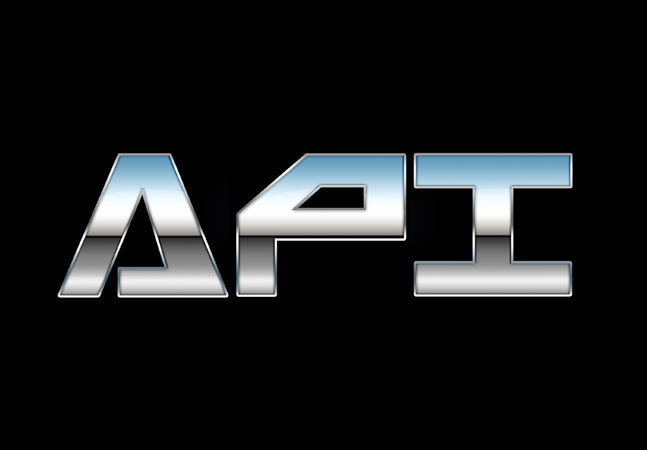
Because WebSockets allows for full-duplex communication channels over a single TCP connection, it can be used to open a two-way interactive communication session between the user's browser and a server.

They empower cloud developers to create applications that incorporate chat, voice calling, video calling, traditional telephone calling, SMS messaging and other real-time communication functionality.

It's "a new no-cost long-term supported distribution and Microsoft's new way to collaborate and contribute to the Java ecosystem."

A new analyst report on serverless cloud-native app development names Microsoft Azure as one of three leaders, touting its "developer experience game" but knocking the platform for putting key enterprise features in advanced plans.

Microsoft this month announced its Azure Functions -- for serverless cloud computing -- now supports .NET 5, a November 2020 umbrella offering that followed the .NET Core series of open source, cross-platform releases, which supplanted the old .NET Framework.

Amazon Web Services announced a developer preview to ease the process of deploying .NET web apps on the cloud platform, which has become more complex with the advent of tech like Docker and serverless joining the ever-growing .NET ecosystem.

The latest update to the Azure SDK adds Mixed Reality and Event Grid client libraries for .NET to the cloud platform's dev tooling, along with Java Azure Core library and other features.

A Microsoft project demonstrates a .NET 5 Blazor upgrade by powering a digital variation of the old Rock, Paper, Scissors hand game.

Dapr is now production ready in version 1.0, easing microservices development on-premises, on the edge or in the cloud by abstracting away distributed computing hassles.

Microsoft's 2021 plans for the Azure SDK include adding codified support for more programming languages, with mobile iOS and Android libraries on tap in the draft guidelines stage, along with general-purpose languages C, C++ and even Go, the flagship programming language for cloud rival Google.

After previously open sourcing components of its Porting Assistant for .NET, Amazon Web Services open sourced the tool's GUI.

Microsoft touted the inclusion of Azure SQL Database among the top three databases of 2020 in a popularity ranking by DB-Engines, which collects and manages information about database management systems, updating its lists monthly.

Microsoft announced several updates to its Azure Mobile Apps service and is conducting a survey to solicit feedback on its future as an evolving concern.

Google Cloud Functions -- often used for serverless, event-driven projects -- now supports .NET, but the new support is a release behind Microsoft's latest .NET offering.

Leading cloud computing platform Amazon Web Services open sourced the it announced in July for helping users port old .NET Framework applications to the new .NET Core framework.

Microsoft is among the leaders in new report on API management, which research firm Gartner sees as key in helping companies thrive in the "new normal" to follow the COVID-19 pandemic.

Here's a takeaway from this week's Ignite 2020 event: An advanced Azure cloud portends the death of the traditional, high-powered dev machine packed with computing, memory and storage components.

With Blazor taking the .NET web development world by storm, one of the first announcements during Microsoft's Ignite 2020 developer/IT event was its new support in Azure Static Web Apps.

With the U.S. already adjusting to the new remote-work reality caused by COVID-19, remote learning is taking center stage as the school season starts, and Microsoft is touting its Azure Cognitive Services to help.

Microsoft's latest monthly updates to its Azure SDKs for cloud computing include many new features, updates and fixes, highlighted by Azure Identity graduating to general availability.